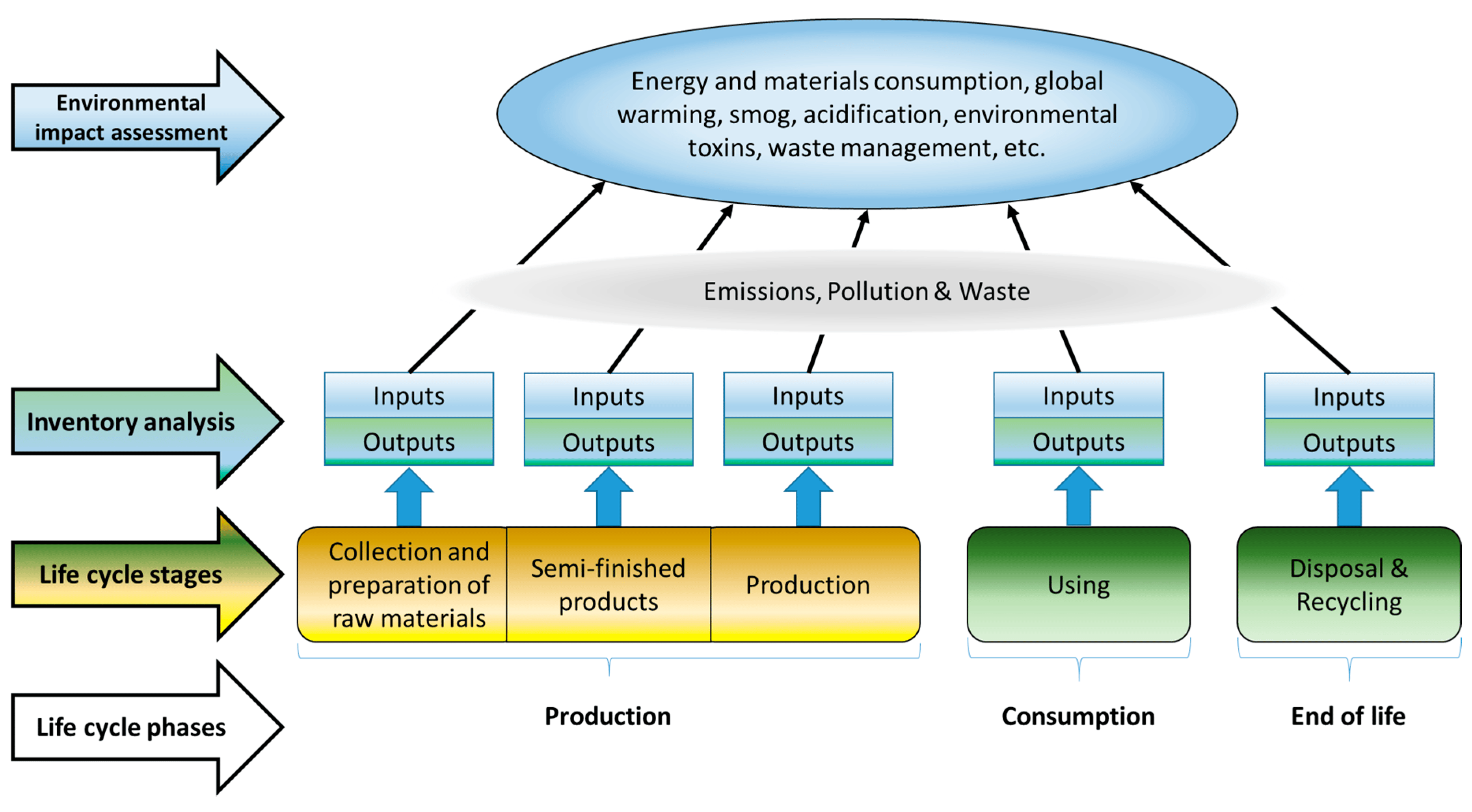
As we navigate through 2024, environmental science continues to unveil groundbreaking research that shapes our understanding of global sustainability. This year has brought a surge of innovative studies, each contributing vital insights into how we can better protect our planet. This article delves into the latest environmental science research, highlighting key findings and their implications for sustainability efforts worldwide.
1. Advances in Climate Modeling and Predictions
Recent advancements in climate modeling have significantly improved our ability to predict future climate scenarios with greater accuracy. The latest models incorporate more detailed data and sophisticated algorithms, enabling scientists to forecast climate changes with unprecedented precision.
Key Findings:
- Enhanced Resolution: New models offer finer resolution, allowing for more localized climate predictions. This means that regions can better prepare for specific climate impacts, such as extreme weather events or shifts in agricultural conditions.
- Integrated Data Sources: Researchers are now integrating data from satellites, ground-based observations, and climate simulations to create more comprehensive models. This holistic approach enhances the reliability of climate forecasts.
Impact on Sustainability: Improved climate predictions enable policymakers and businesses to make informed decisions about climate adaptation and mitigation strategies. For instance, accurate predictions of sea-level rise can guide coastal development and infrastructure planning, reducing the risk of damage from future storms and flooding.
2. Innovations in Renewable Energy Technologies
Renewable energy technologies have seen remarkable innovations in 2024, driven by the need to reduce greenhouse gas emissions and transition away from fossil fuels. Key developments in this area include advancements in solar, wind, and bioenergy technologies.
Key Findings:
- Next-Generation Solar Panels: Researchers have developed new solar panel materials with higher efficiency and lower production costs. These advancements make solar energy more accessible and economically viable for both residential and commercial use.
- Offshore Wind Farms: Innovations in turbine design and installation techniques are making offshore wind farms more efficient and cost-effective. These developments are expected to significantly increase the capacity of wind energy generation.
Impact on Sustainability: The advancements in renewable energy technologies contribute to the reduction of carbon emissions and the promotion of cleaner energy sources. By improving the efficiency and affordability of renewable energy, we can accelerate the transition to a low-carbon economy and combat climate change more effectively.
3. Breakthroughs in Carbon Capture and Storage
Carbon capture and storage (CCS) technologies are crucial for mitigating the effects of climate change by capturing carbon dioxide emissions from industrial processes and storing them underground. Recent research has led to significant improvements in CCS technologies.
Key Findings:
- Enhanced Storage Methods: New techniques for storing carbon dioxide in geological formations have been developed, increasing the safety and capacity of underground storage sites.
- Economic Viability: Advances in CCS technology have reduced costs, making it a more feasible option for industries looking to lower their carbon footprint.
Impact on Sustainability: Enhanced CCS technologies can play a vital role in achieving net-zero emissions targets. By capturing and storing carbon dioxide, we can significantly reduce the amount of greenhouse gases released into the atmosphere, helping to mitigate global warming and its associated impacts.
4. Advances in Circular Economy Practices
The concept of the circular economy focuses on minimizing waste and maximizing the use of resources by recycling, reusing, and remanufacturing products. Recent research has highlighted effective strategies for implementing circular economy principles.
Key Findings:
- Material Recovery Technologies: New technologies are improving the efficiency of recycling processes, enabling the recovery of valuable materials from waste products.
- Product Design Innovations: Researchers are developing designs that facilitate easier disassembly and recycling, promoting the use of sustainable materials and reducing waste.
Impact on Sustainability: Adopting circular economy practices reduces the demand for raw materials and decreases waste production. By integrating these practices into production and consumption systems, we can create a more sustainable and resource-efficient economy.
5. Impacts of Biodiversity Loss on Ecosystems
The loss of biodiversity has profound effects on ecosystems and their ability to provide essential services. Recent studies have focused on understanding the implications of biodiversity loss and identifying strategies for conservation.
Key Findings:
- Ecosystem Services: Research has shown that biodiversity loss negatively impacts ecosystem services such as pollination, water purification, and soil fertility. These services are crucial for maintaining the health of ecosystems and supporting human well-being.
- Conservation Strategies: Effective conservation strategies are being developed to protect endangered species and restore degraded habitats. These strategies include habitat protection, species reintroduction, and community engagement.
Impact on Sustainability: Addressing biodiversity loss is essential for maintaining healthy ecosystems and ensuring the continued provision of ecosystem services. By implementing conservation measures and protecting biodiversity, we can enhance ecosystem resilience and support sustainable development.
Conclusion
The latest environmental science research in 2024 offers a wealth of insights and innovations that are shaping global sustainability efforts. From advancements in climate modeling and renewable energy technologies to breakthroughs in carbon capture and storage, these findings are driving progress towards a more sustainable future. By leveraging these scientific advancements, we can make informed decisions and take effective actions to address environmental challenges and promote global sustainability.









